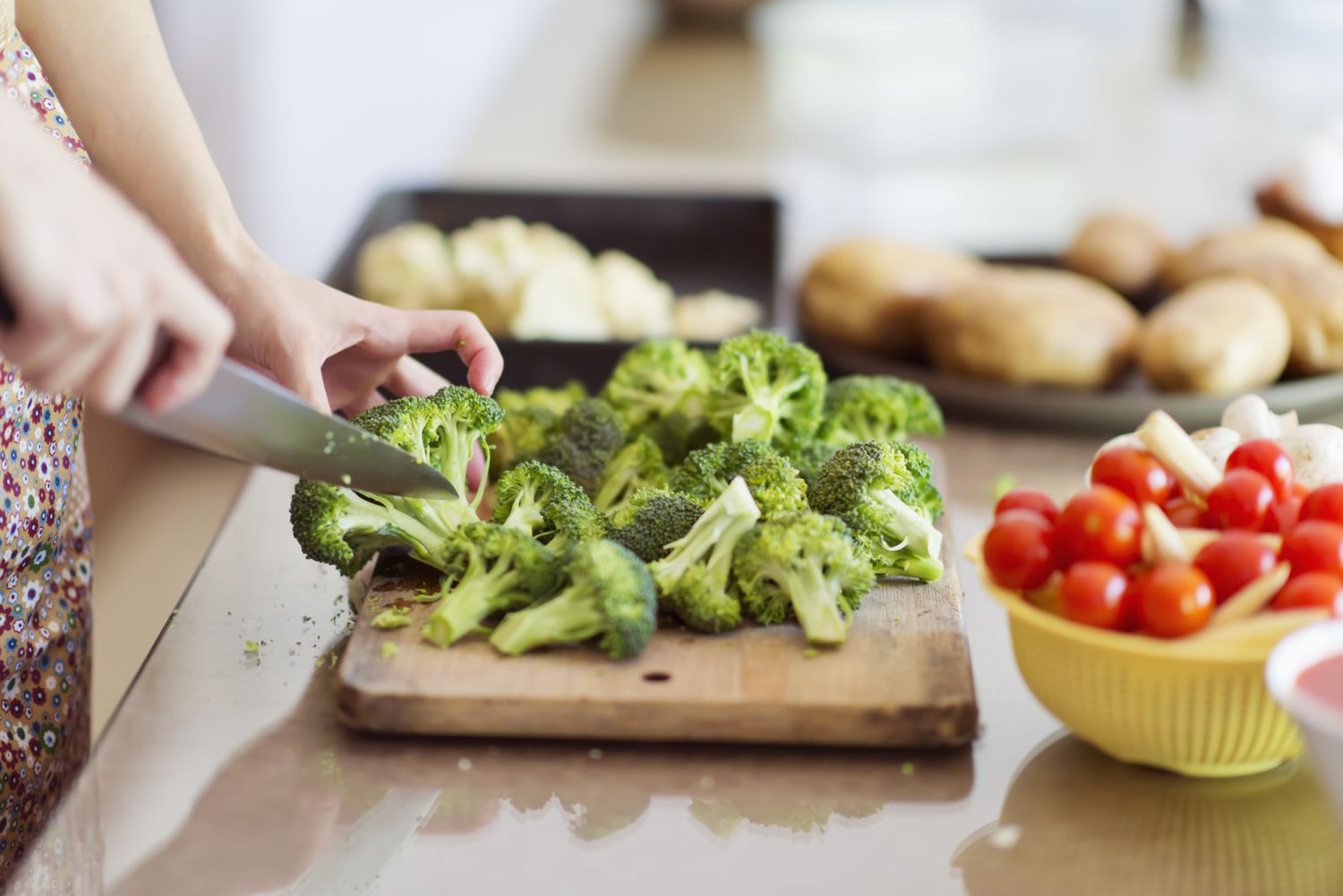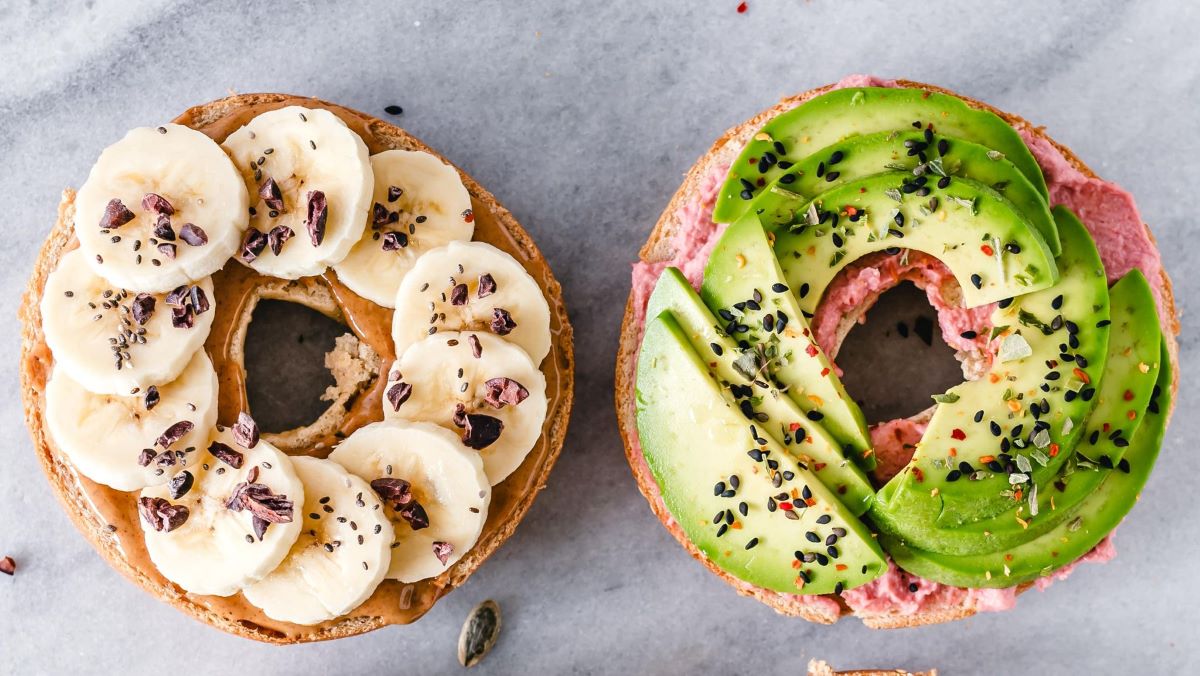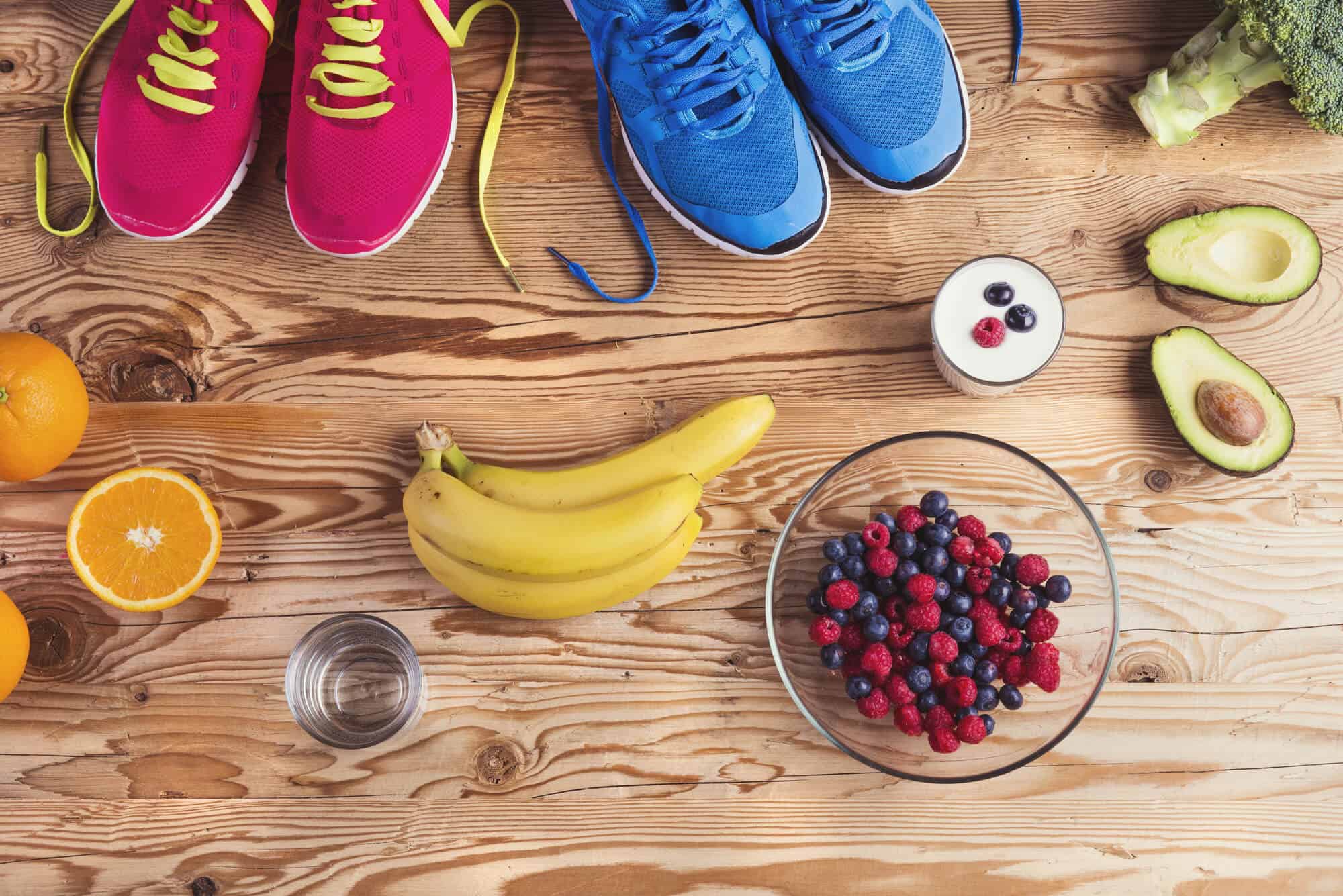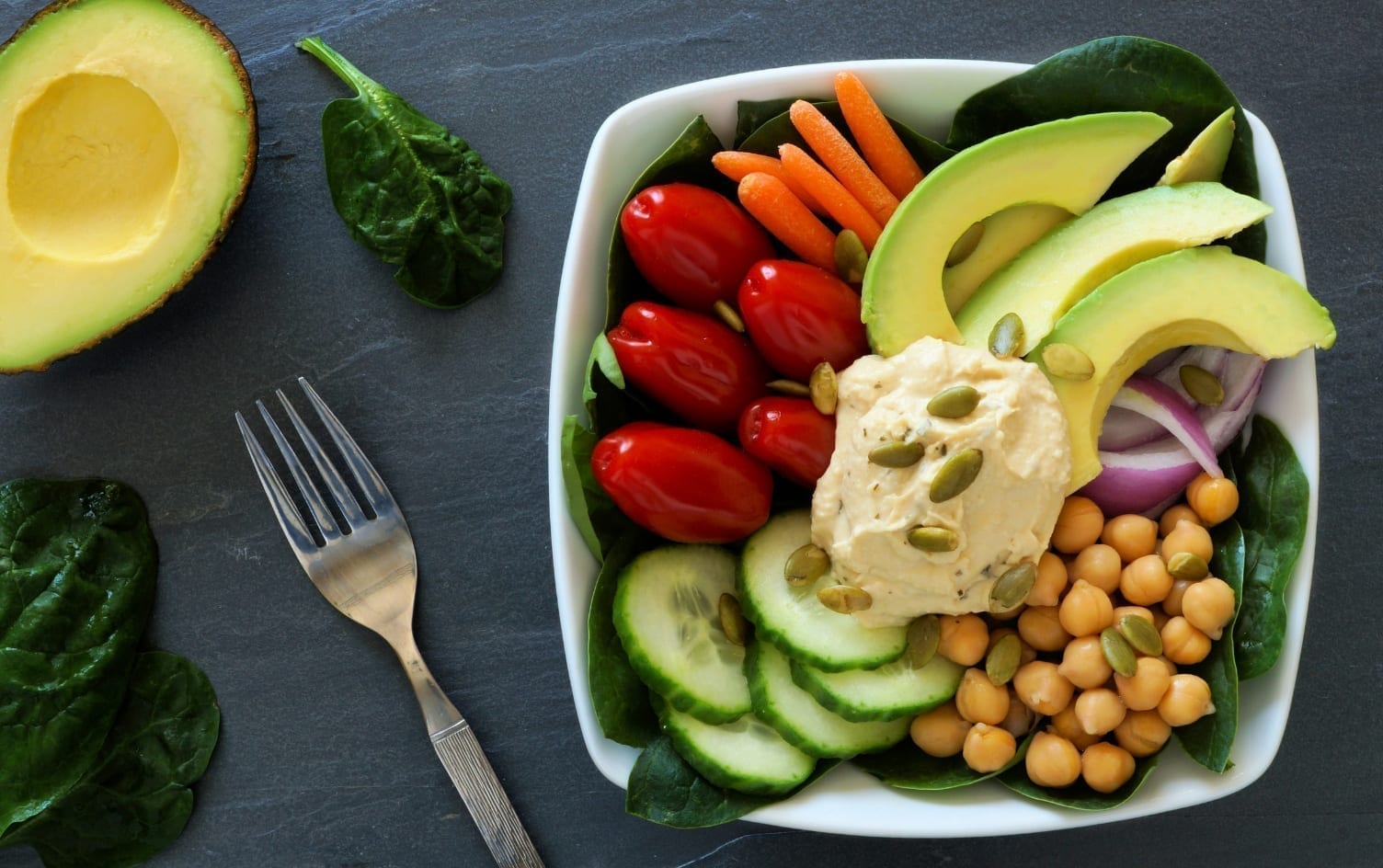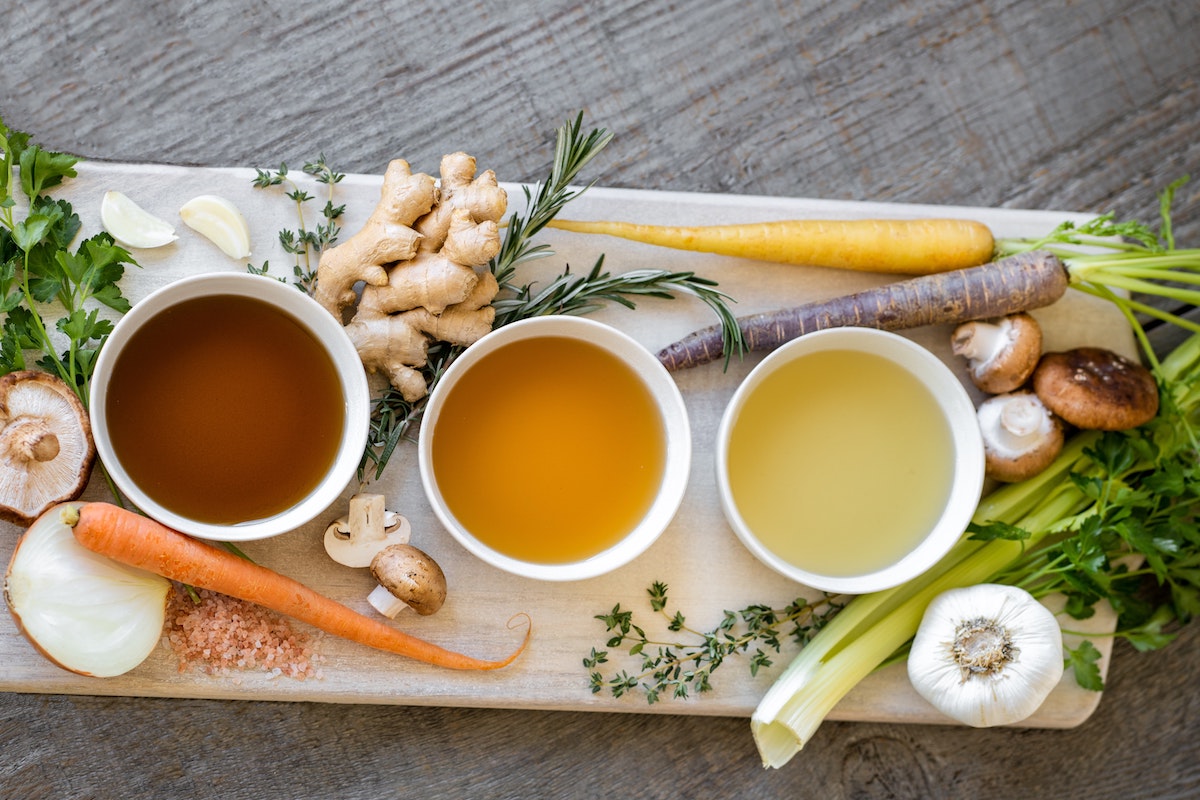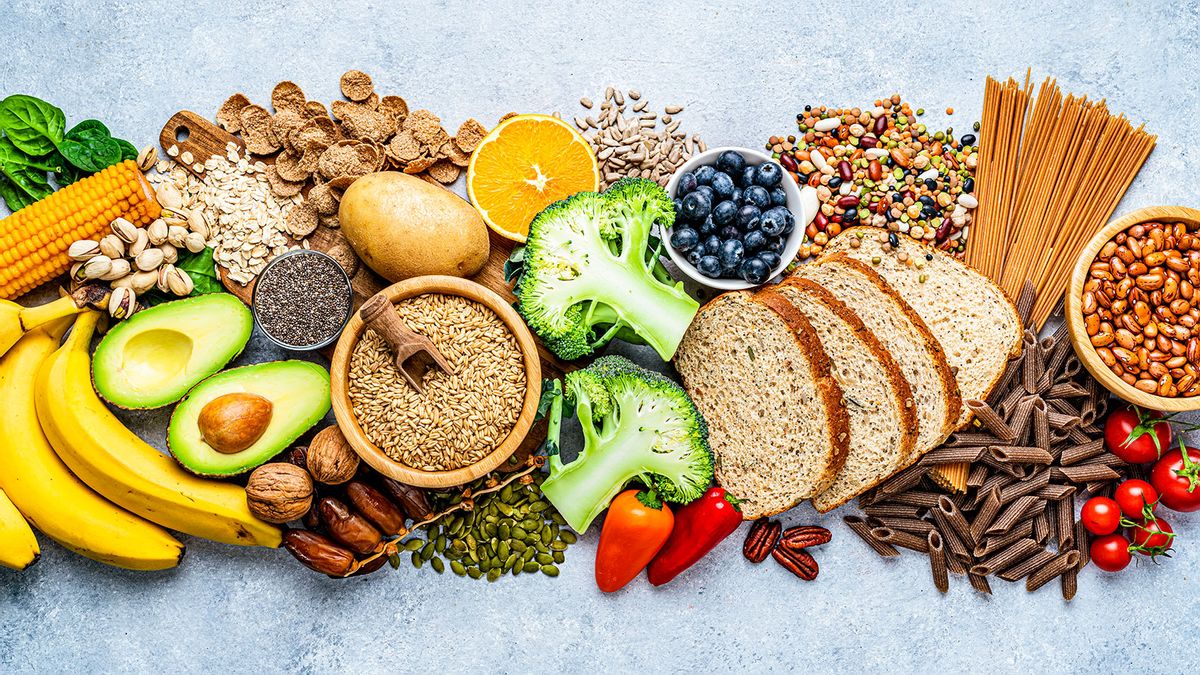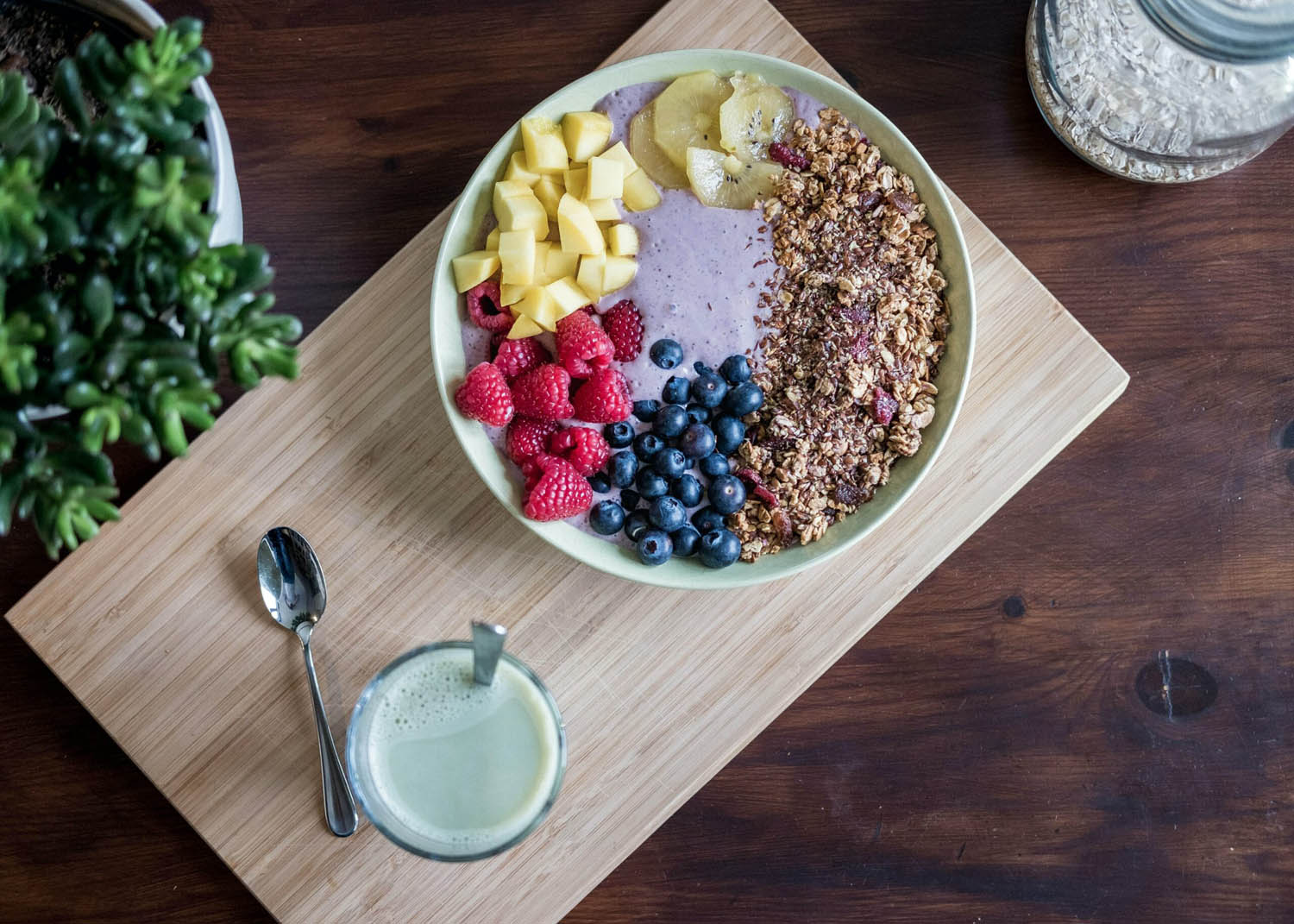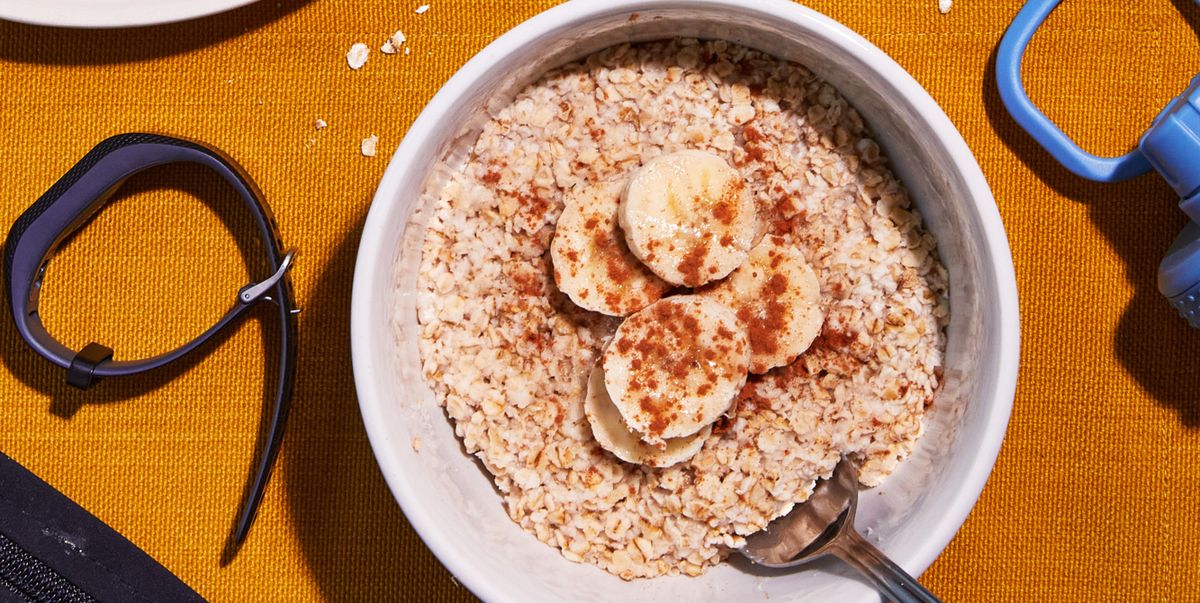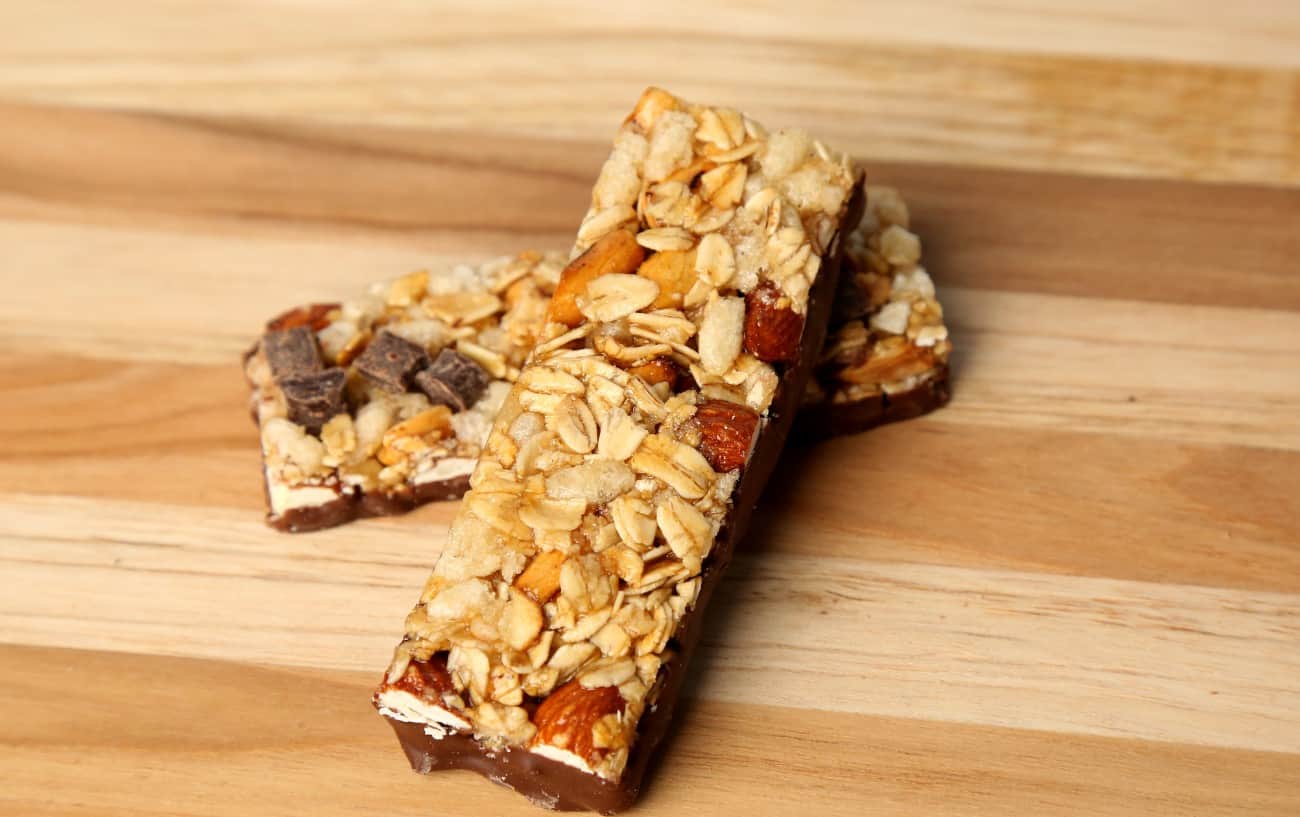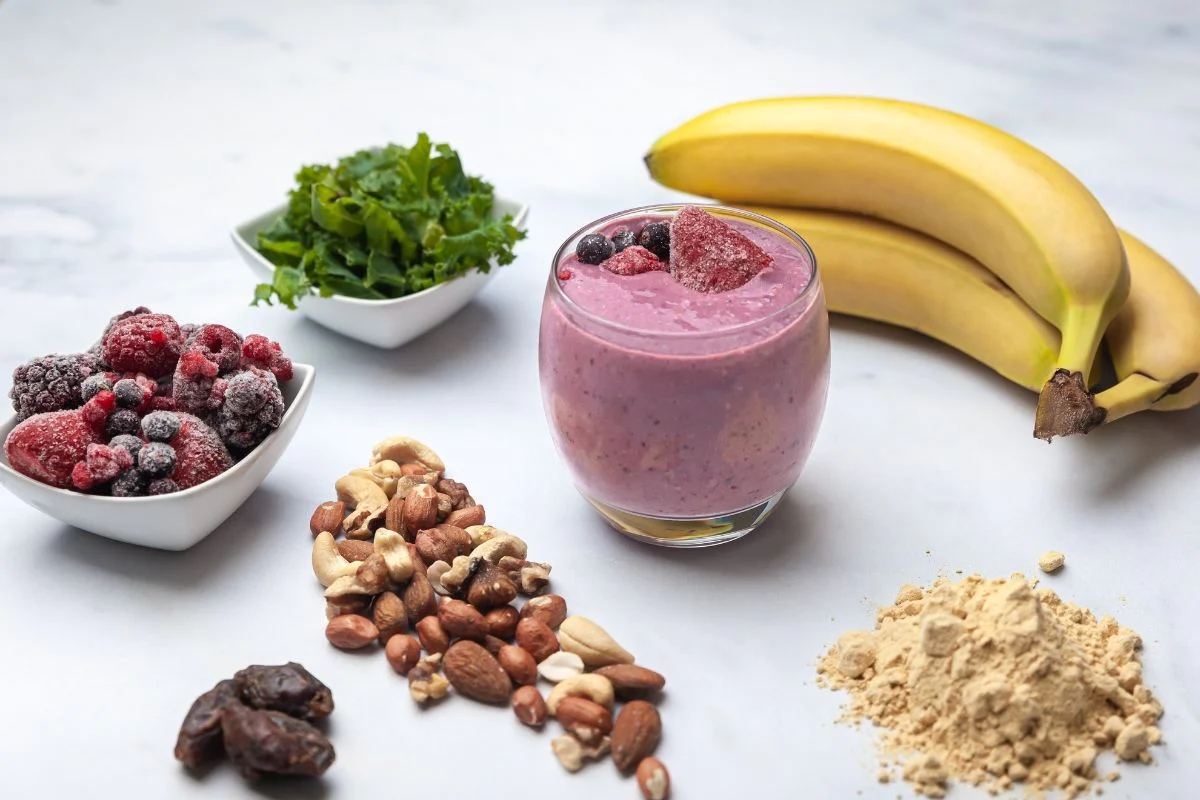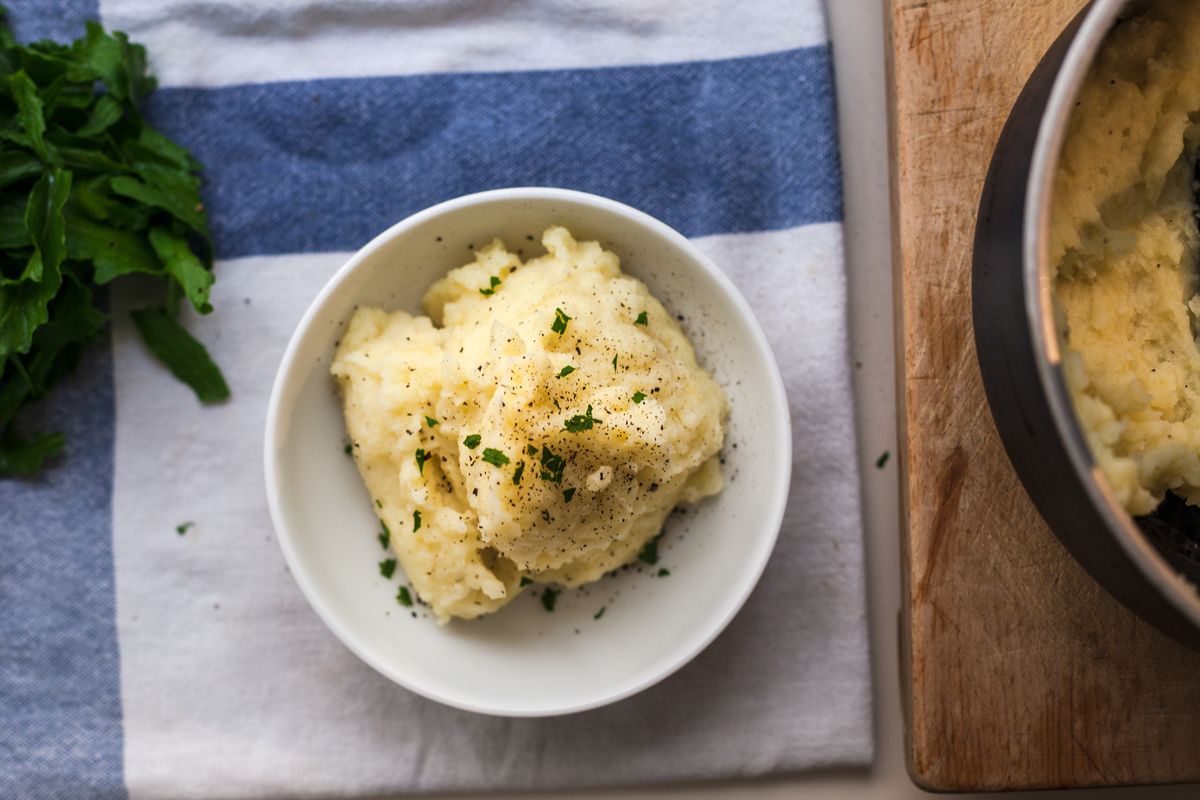How to Incorporate More Digestible Foods into Your Diet
Are you looking to improve your digestion and overall health? One way to do so is by incorporating more digestible foods into your diet. Digestible foods are easier for your body to break down and absorb, leading to better digestion and nutrient absorption. Here are some tips on how to eat more digestible foods:
Choose Cooked Vegetables
Raw vegetables can be harder for some people to digest due to their high fiber content. Cooked vegetables are a great alternative as the cooking process breaks down the fiber, making them easier to digest. Steaming or sautéing vegetables can help retain their nutrients while making them more digestible.
Opt for Lean Proteins
When it comes to protein, opt for lean sources such as chicken, turkey, fish, and tofu. These proteins are easier for the body to break down compared to fatty cuts of meat. Incorporating lean proteins into your meals can help improve digestion and prevent discomfort.
Include Fermented Foods
Fermented foods like yogurt, kefir, sauerkraut, and kimchi are rich in probiotics, which are beneficial for gut health. Probiotics help promote a healthy balance of gut bacteria, aiding in digestion and nutrient absorption. Including a serving of fermented foods in your daily diet can contribute to better digestion.
Opt for Whole Grains
When consuming grains, opt for whole grains such as brown rice, quinoa, and oats. Whole grains contain more fiber and nutrients compared to refined grains, promoting better digestion. The fiber in whole grains can also help prevent constipation and promote a healthy digestive system.
Chew Your Food Thoroughly
Proper digestion starts in the mouth. Chewing your food thoroughly can aid in the digestion process by breaking down food into smaller pieces, making it easier for your stomach and intestines to further digest and absorb nutrients. Taking the time to chew your food can help prevent digestive issues such as bloating and indigestion.
Limit Processed Foods
Processed foods, such as fast food and pre-packaged snacks, are often high in unhealthy fats, sugars, and artificial additives, making them harder for the body to digest. Limiting processed foods in your diet can help improve digestion and overall health. Instead, focus on whole, natural foods that are easier for your body to process.
Stay Hydrated
Drinking an adequate amount of water is essential for good digestion. Staying hydrated helps soften food, making it easier to digest. Aim to drink at least 8 glasses of water per day and consume hydrating foods such as cucumbers, watermelon, and oranges to support optimal digestion.
By incorporating these tips into your diet, you can promote better digestion and overall health. Remember to listen to your body and make adjustments based on your individual needs. Eating more digestible foods can lead to improved digestion, nutrient absorption, and overall well-being.

